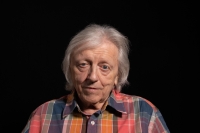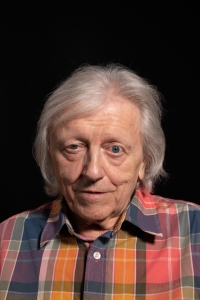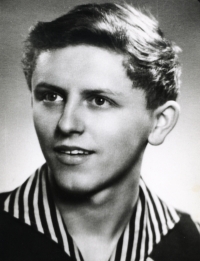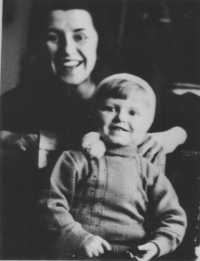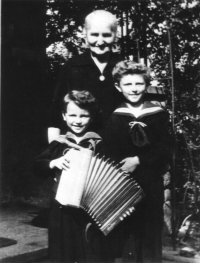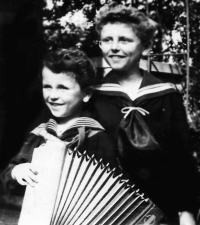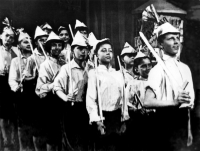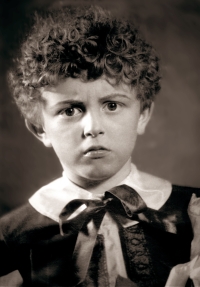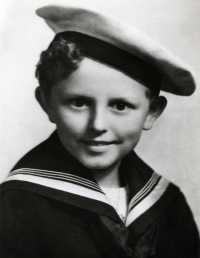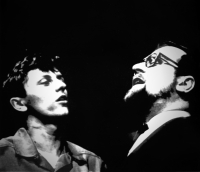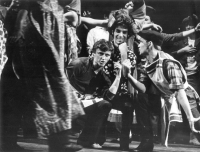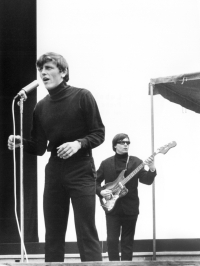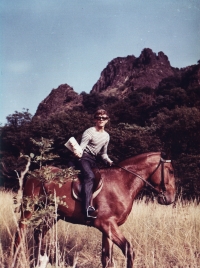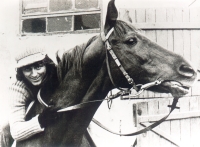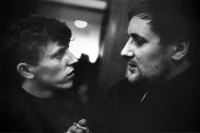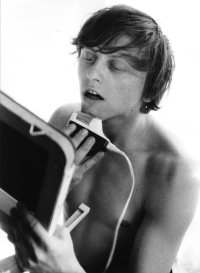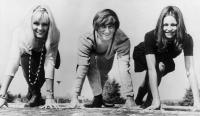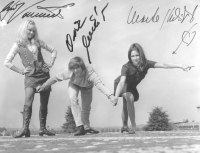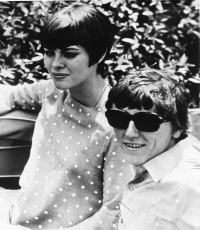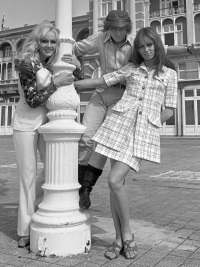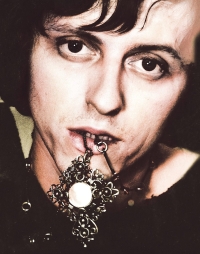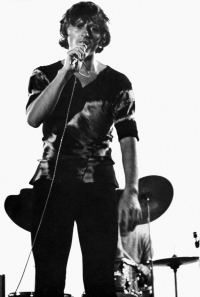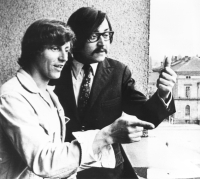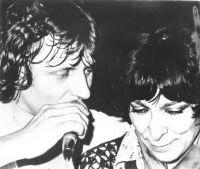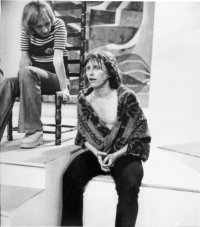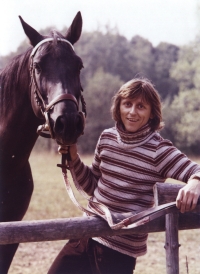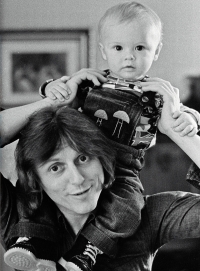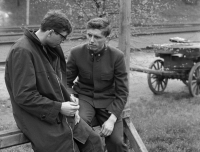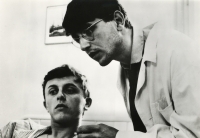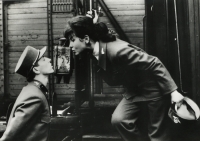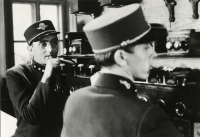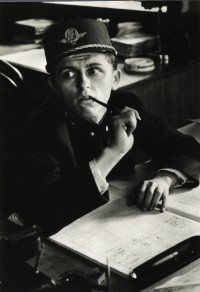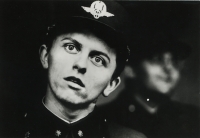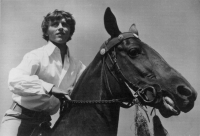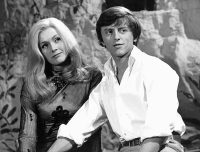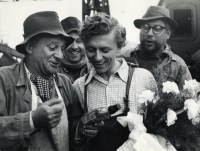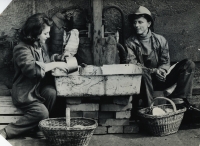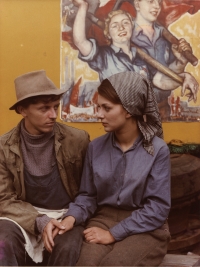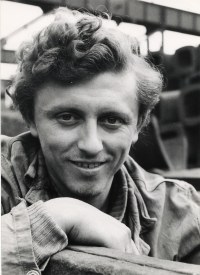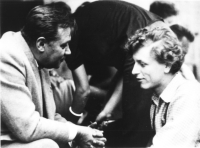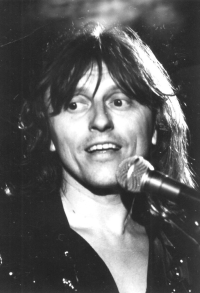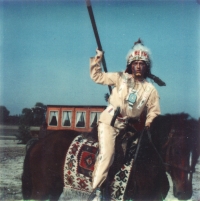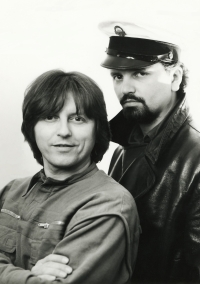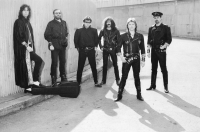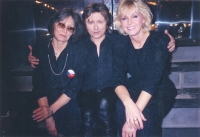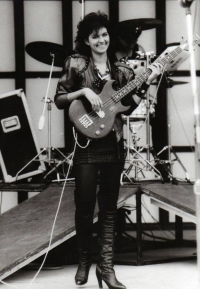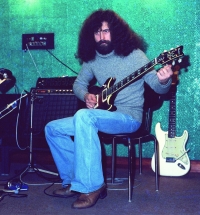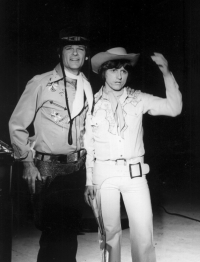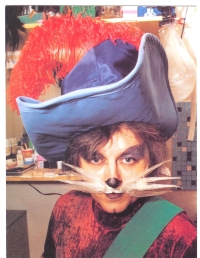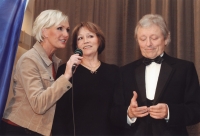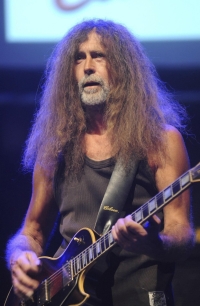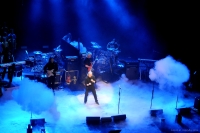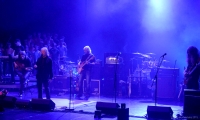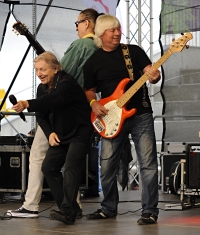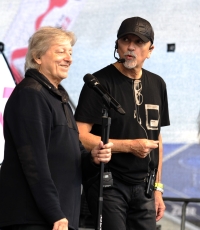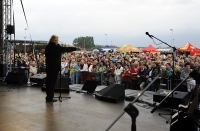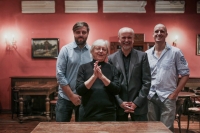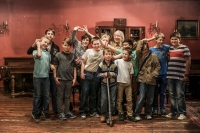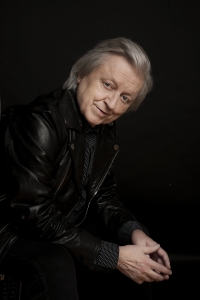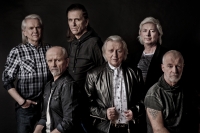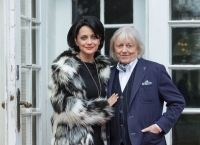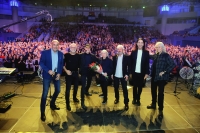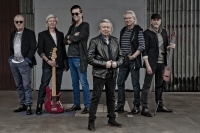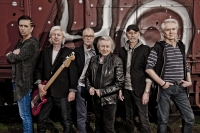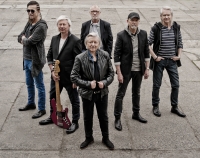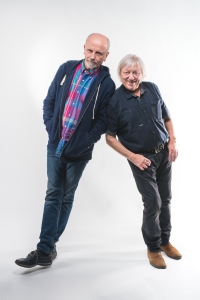I was shooting a film in Sukhumi when my mother called to say the Russians were shooting in Prague
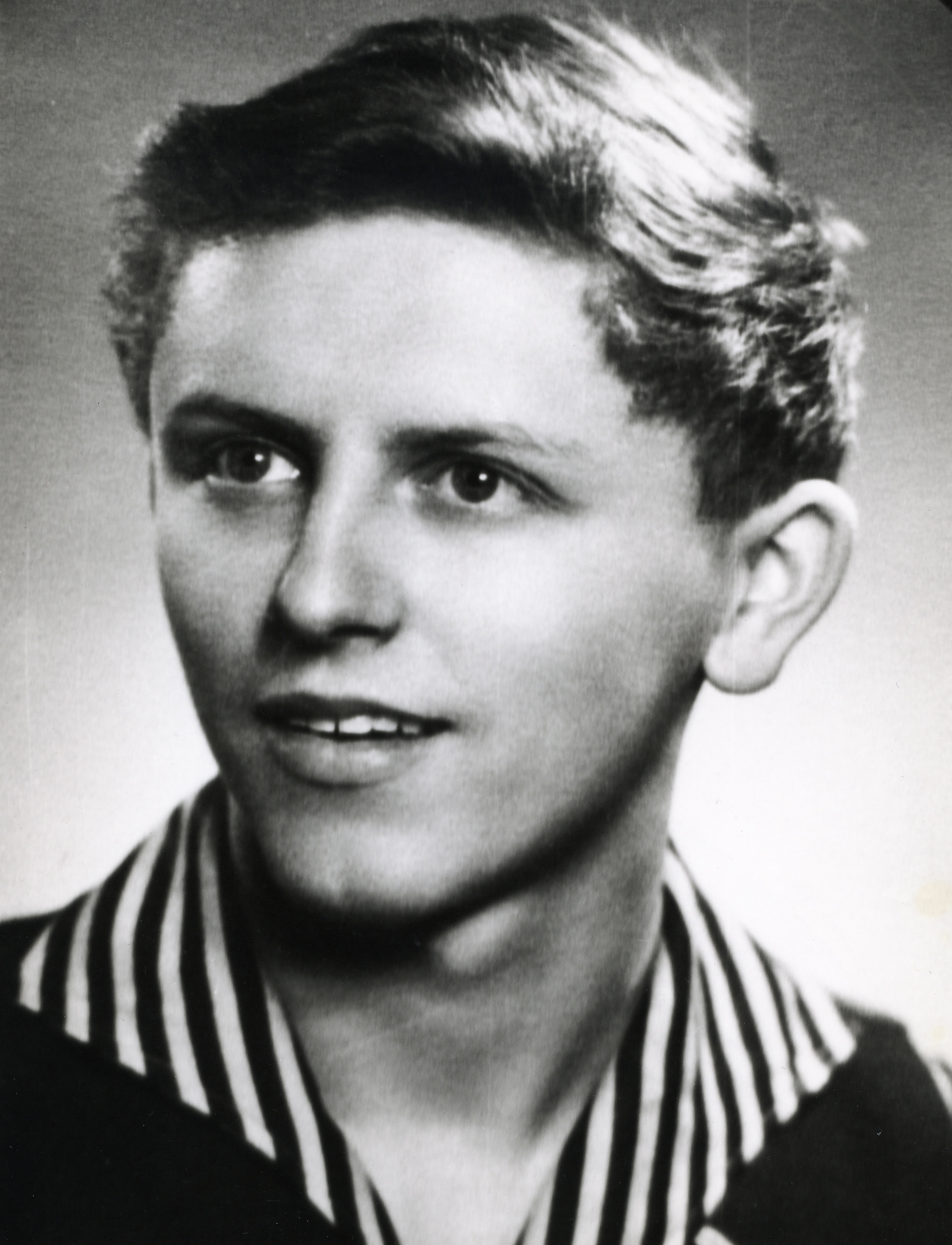
Download image
Václav Neckář was born on 23 October 1943 in Prague. His father Václav Dubský worked as an actor and singer in the theatre in Ústí nad Labem. After 1948 he was fired and had to work as a coachman and a labourer. His mother worked at the theatre as an economist, but in 1958, after a false accusation of embezzlement, she had to leave. She sued for many years and only in the late 1960s did she obtain full rehabilitation. Václav Neckář tried four times to get into DAMU (The Theatre Faculty of the Academy of Performing Arts in Prague), but due to his parents’ problems he never succeeded. In the 1960s he became famous as an actor and singer. He starred in several award-winning films, including the Oscar-winning Closely Watched Trains. He played and sang at the Rokoko Theatre in Prague, where he formed the Golden Kids trio with Marta Kubišová and Helena Vondráčková. After huge success at home and abroad, the band came to an early end when the regime shut down Marta Kubišová with the help of faked porn photos. He then founded the band Bacily with his brother Jan, which stayed in the limelight for decades. In the seventies, he was often summoned to Bartolomějská Street for many hours of interrogation, the State Security were concerned about trips abroad and the manager Hanuš Bunzel. In 1978 he became a so-called State Security confidant. In 1986, his file was filed in the archives, the reason being that the information given was worthless. At the time of the Velvet Revolution, he and his brother attended demonstrations and together they went to meetings and discussions in the regions to spread information about events in Prague. The Bacily group’s equipment helped to sound Wenceslas Square and Letná. In the 1990s, Václav Neckář and his band took an artistic break. A new rise was brought by the film Pelíšky with its newly popularised song Tu kytaru jsem koupil kvůli tobě (I Bought That Guitar For You). In 2002 he had a stroke and it seemed that he would never sing again, but he was on stage already the following year. The next chance came in the form of the song Půlnoční (Midnight), which became the theme tune of the film Alois Nebel and brought Václav Neckář back to the top of the popularity chart. In 2023 he was living in Prague.
